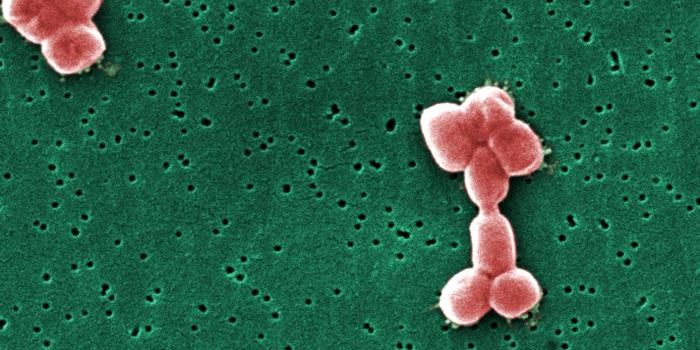It's Not the Amount of Exercise That Counts; It's How Often You Do It
Is it better to exercise more frequently or for longer but less often? That is the question. But, of course, it all depends on what you wish to accomplish from your workouts.
According to new research, a little bit goes a long way. That is, a little physical activity every day spread throughout the week is more beneficial than an extended workout performed less frequently. This approach is most useful for muscle strength.
The study that shed light on this new development was done over four weeks and consisted of 3 groups of people performing resistance training focusing only on the arms. The research team measured and compared changes in strength and muscle thickness.
Two of the three groups were required to perform 30 maximal voluntary eccentric contractions (muscle lengthening) of the bicep in total per week, with the first group performing six reps per day over a five-day period, while the second group performed all 30 reps in a single day for only one day a week. The third group did only six contractions once a week.
Once the four weeks were up, the results were in - the group who completed 30 reps in a single set once a week had a 5.8 percent increase in muscle thickness but no change in muscle strength. The group that performed six reps per day for five days a week increased their muscle strength by more than 10 percent and showed an increase in muscle thickness, much like the group who did 30 reps for only one day a week. As for the group that performed only six reps once per week, they showed no changes in thickness or strength.
Though it is often believed that the longer the resistance workout, the better the results, this study shows that an increase in strength and muscle mass can be had with a very manageable but consistent resistance training regimen. Taking a heavy dumbbell and lowering it slowly once or a few times a day can be enough.
The participants in the study were required to exert maximum effort, but other current ongoing studies have found that similar results could be had without having to push so hard. And though this study only used a bicep curl exercise, it is believed that this type of training could work for other muscles as well.
But as important as regular exercise is for our health, rest is also essential. To improve strength and muscle mass, muscles need to rest, and working out nonstop all day every day would not result in any improvement. And although muscles do like to be stimulated regularly, muscle adaptation happens during rest.
When it comes to our health, muscle strength is important. And a loss of muscle mass can cause several chronic diseases such as type 2 diabetes, cardiovascular disease, dementia, some cancers, and musculoskeletal conditions like osteoporosis.
It's a given that regular exercise can improve our health and help prevent disease. And a resistance training program that is consistent and frequent with only a manageable workload can go a long way in maintaining strength and muscle mass as we age, thereby ensuring what could be a healthier, happier life for many years to come.
Sources: Science Daily, ECU









